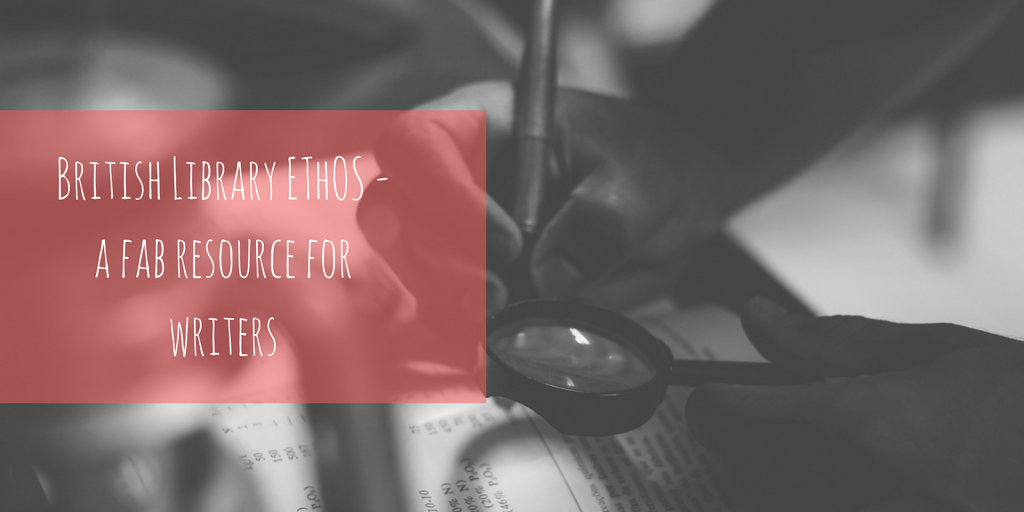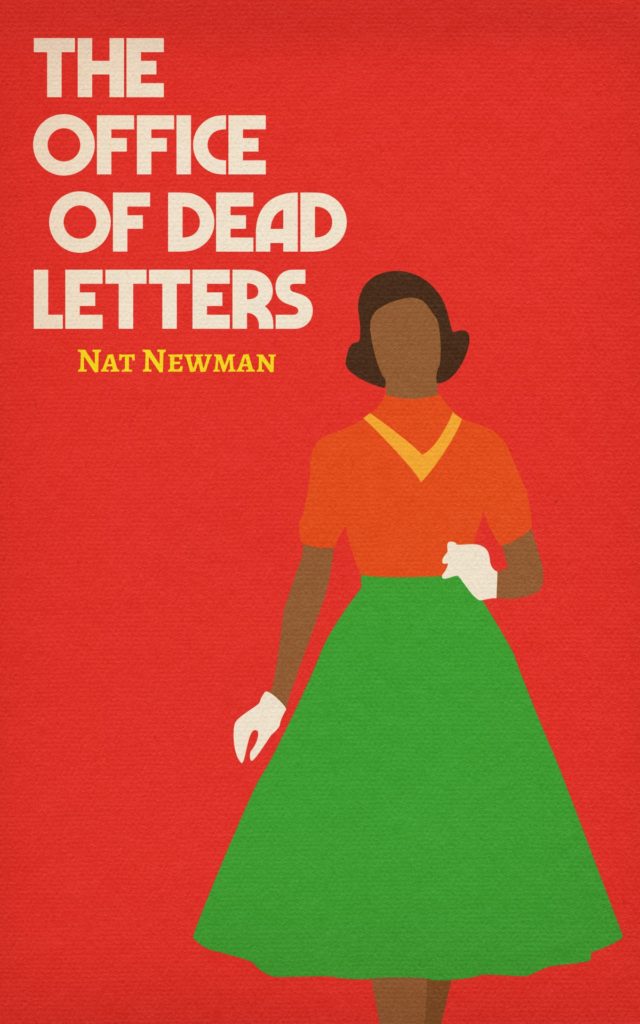The British Library EThOS database is another feather in your research bow, and is a great resource for writers of fiction and non-fiction.
As part of research for my first novel, I’ve been looking at computer technology in the 1970s – specifically, how databases were being developed and used. (I feel like I frequently have to say that the book is much more interesting than it sounds). I spent a wonderful day in the British Library earlier this year going through old text books and conference proceedings, and in the course of this I found a fab resource – the British Library EThOS database.
What is the British Library EThOS service?
EThOS is the UK’s national database of research theses, or e-theses. Basically, their goal is to make every thesis written in the course of a higher degree at a public institution available to the public. So that’s every tome that every poor exasperated overworked anxious PhD student has ever written. What a treasure trove!
First off, EThOS has a comprehensive database of thesis titles available, with all the meta data you would need to figure out if it’s useful for your own research. And secondly, they make as many of these documents as possible available for download.
All you need to do is go to the British Library EThOS website and register as a user. You’ll then be able to search and immediately download any available theses.
How can you use EThOS to research your novel?
Obviously, in the course of your story research, you’ll use many tools. Visits to libraries, interviews with people, copious Googling, borrowing of textbooks, hours poring over old newspaper articles, getting lost in the Australian National Library’s Trove database. EThOS is another feather in your research bow.
But another way it can be useful for novel and story writers is that it can provide a different kind of snapshot of a particular time. Just like you would use any other historical documents, EThOS provides another source to tap for fascinating information and views into the past, particularly for very, very specific information.
If one of your characters is a frog expert in the 1950s, for example, what would they actually know? You’re not going to find out what advances were happening in Herpetology in a newspaper (well, you might, but it seems unlikely). What sorts of conferences or events were being held? Who were the key experts, and what quirks did they have? Were there any heated debates within the field that seem bizarre to outsiders, but were deadly serious to insiders?
Or let’s say a part of your story focuses on paper conservation – as mine does. Okay, what materials were they actually using at the time? What techniques were common, and which were on the cutting edge?
If nothing else, a thesis will often give you links to other publications, books and papers that you should look at, as well as sparks for interesting plot points, or new ideas you hadn’t yet considered.
Figures:
There are 475,000 theses awarded by over 120 institutions.
About 160,000 are available as full text.
Theses date back to 1800!
Of the 240,000 not currently available as full text, they can be ordered for scanning by an on-demand service.
It’s this last point that was of especial interest to me. Obviously, the more popular a thesis is, the greater the likelihood that it is already available in full text. And also, if it was published in the last decade or so, it was probably deposited digitally in the first place.
For example, I just did a search on lace, which yields a surprising 55 records, of which 39 are available for immediate download. These range from William Enotiemwomwan Eguagie’s “Studies on the ecology of thistle lace bugs”, published in 1969, through to “The metaphorical value of lace in contemporary art” by J Buttress in 2013.
If, however, you’d like to access “The history of the Honiton lace industry”, written by HJ Yallop in 1987, it’s not currently available for immediate download. Oh no! you think. My novel desperately needs some info about the Honiton lace industry and I just can’t find it anywhere else!
Accessing unscanned theses
Fear not, my friend! If the thesis you want is not currently available, the good news is you can still access it. All you need to do is order the thesis and pay the fee. The university will locate the paper, scan it, and then it will be downloadable from the British Library EThOS website in just 20 days. And it will then be available to everyone.
So basically, even if the thesis you desperately want isn’t available, you can still get access to it from anywhere in the world.
But (and there’s always a but) the bad news is that it comes at a cost – a whopping £48.60.
Of course, there’s no way I would ever pay that sort of cash in the course of my research. I’d rather just, you know, make it up. I’m a fiction writer! I make about £14 per year! I’m not spending three years of noodle money on a damn thesis!
And here, once again, we have some good news. About a third of participating universities have agreed to provide the service for free. So if you really wanted C Sanby’s “Automated visual inspection of lace using machine vision” I am pleased to inform you that the good people at De Montford University will ferret out this classic from 1995 and digitise it at no cost to you.
The free thesis providers
By my count, 49 of the 142 participating universities will cover the cost of digitisation for you. That’s not bad, and certainly opens up a rich resource space for researchers on all sorts of topics.
I got in touch with some of these universities and asked them why they’re providing this great service for free.
Malcolm Jones, Head of Learning and Research Services at Edinburgh Napier University, said: “We are happy to digitise for free – we do not get many requests so the costs are not too high. We are also still building up our research support service, so would not want to impose a charge which might inhibit use of a great resource. Should usage increase hugely then we would reconsider, but we prefer not to charge our customers if at all possible.”
Right on, Malcolm.
My own research
Well, and so what of my own research? I was lucky enough to find “Query specification and accessing strategies for relational databases” by Jonathan James Longstaff. The thesis, which was completed in 1980, was kindly digitised by Teesside University when I requested it in April. Because printing is so cheap in Croatia, I downloaded it, had it printed and bound, and am now attacking it with coloured pens and highlighters. It’s proving a rich resource for understanding the IT landscape in the period in which my story is set.
(nerd)
For my research, it’s not necessarily the stuff that’s stated explicitly that’s important. It’s the stuff that’s referred to casually, as though everyone knows about it. The British Computer Society, for example, or authors of papers who were obviously key in their day, but are hard to learn about now. Organisations and ideas that aren’t explained, because they’re considered de rigeur.
When I set out to write this novel – which is essentially a love story – I didn’t think I’d need to read a 1980 thesis on computer databases. And although I don’t really have to, a little bit of knowledge on my part will definitely improve the story overall.
So if you’re a writer looking for another source of research (and NOT procrastinating!), then check out the British Library EThOS database.
Postscript
I looked up Mr Longstaff, the author of my thesis. If I’ve found the right guy, it turns out that he spent most of his life in investment banking, primarily for the Church of England. He is also a prolific writer of letters to the editor. I’ve sent him a postcard – I wonder if he’ll reply?





